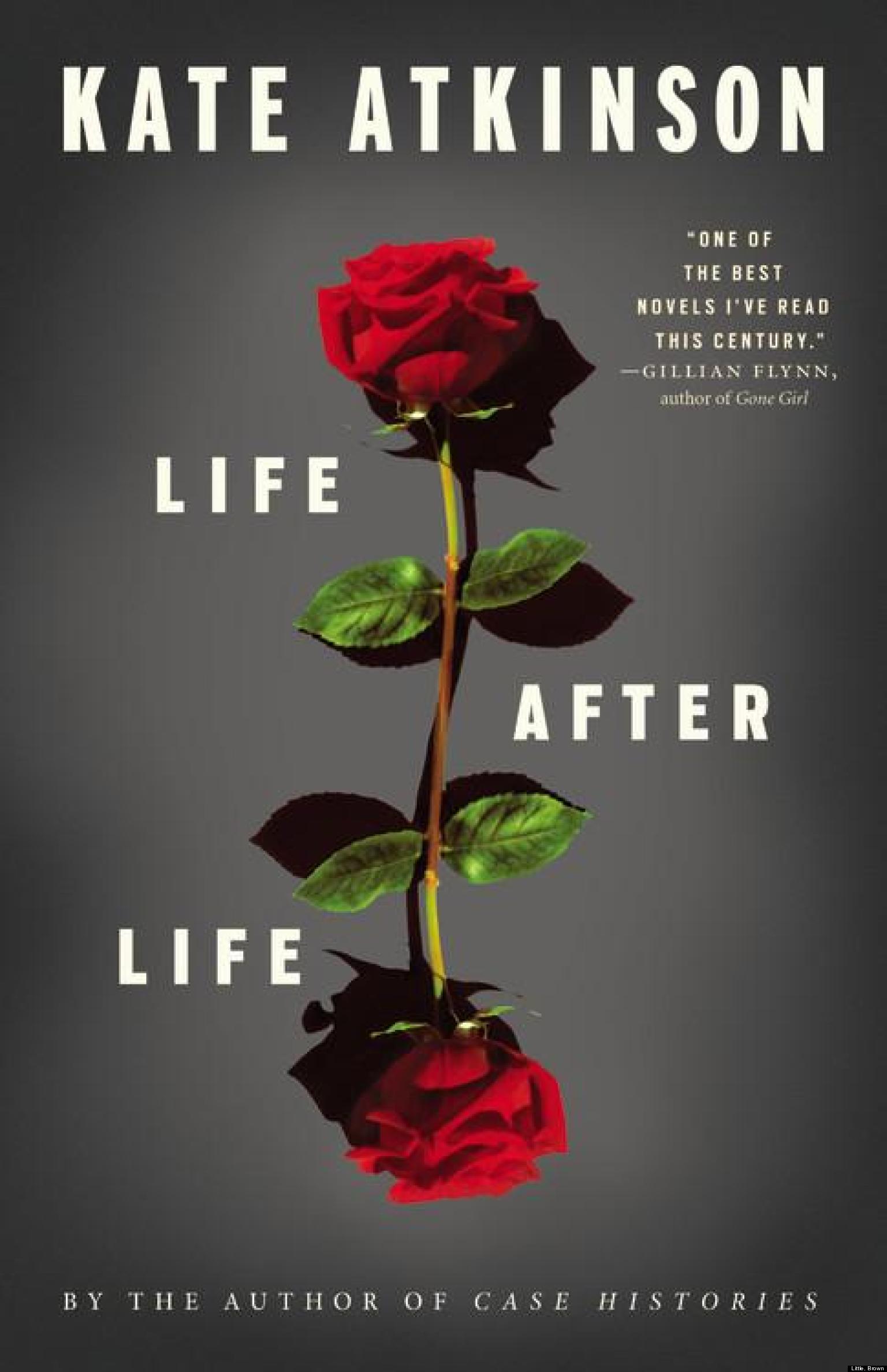Modern medicine is making advances all the time, certainly not quickly enough for some, but at a much faster rate than in previous generations. What will that mean in the next few hundred years? How close can we get to curing everything? Could immortality be possible and if so, would we want it to be?
These are the questions posed in Rachel Heng's Suicide Club which introduces us to Lea and Anja, two "lifers" in the midst of their own individual struggles with the system and regulations of mortality. In a world in which the birthrate has dropped significantly, life extensions have become available in order to maintain human existence. At birth a child is tested and the results indicate how long they are likely to live. If the child is a "lifer", someone expected to live far beyond the average lifespan, they are given treatments to maintain and supplement their health. As the book begins, Lea is celebrating her 100th birthday though it looks quite different to any 100th birthday celebration I have ever seen. Lea is in the prime of her life (three hundred was now the number to beat) and her career. She is of the utmost health and is expecting any day to be invited to join the Third Wave, a set of life extensions that could lead to absolute immortality.
Anja is in quite a different position. She has all the advantages of being a "lifer", and in this society they are many, but her mother does not. Having obtained certain procedures and medical devices on the black market, Anja's mother's health has begun to fail beyond help, legal or otherwise. Unfortunately, the mechanical heart and other treatments she has prevent her from actually dying and she is stuck in a horrific limbo between alive and dead. Anja wants to help her, but how to do so when the choice to live or die isn't in the hands of the individual? And so we are introduced to Suicide Club, a group of activists intent on changing the mind of society about what it now means to be either pro-life or pro-choice.
The concept of this book was fascinating and so much of it was so good, but at times the plot seemed to lose direction a bit. The science fiction elements, however, were on point. The details from the types of treatments available to the health recommendations for longer life were well thought. Everyone lives to live longer. Gone are most of the foods and even many of the activities we regularly partake of now. No more meat, absolutely no sugar, veg only and even that isn't all recommended. Lea agonizes over a carrot at the market, hoping that since it will be shared by two people it won't be too indulgent. She leaves the grapefruit behind and plans to come back for one for her next Special Occasion. I'm all for eating healthy, but when a grapefruit and a carrot are too indulgent, how much LIFE is left?
Music is too stressful and has been replaced by relaxing Muzak; running wears out joints, but Pilates is still okay if performed carefully, but Swimlates was better.
This book was interesting and made me think about where my health may some day lead me. It also leads the reader to ponder how much control we actually have over our own lives, how much choice is really available to us. I didn't love this book, but I liked it really well.





